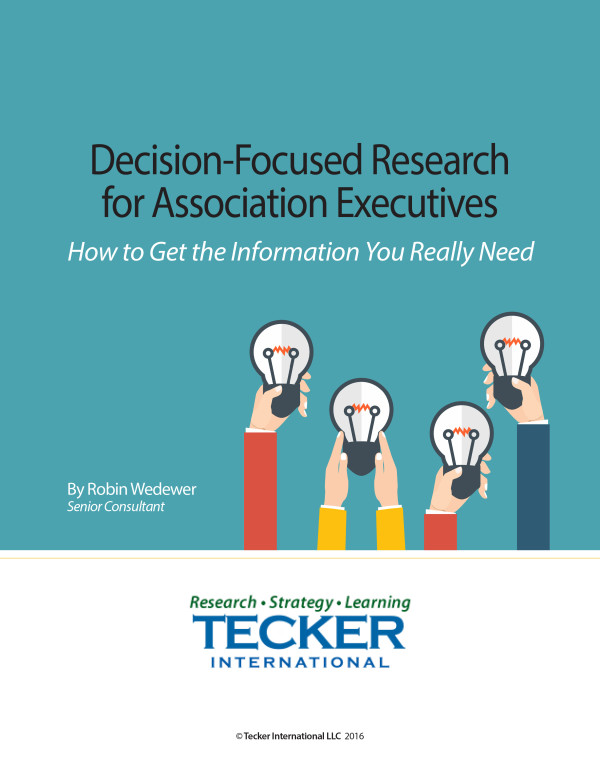I don’t know how to say this diplomatically, so I’ll just say it directly.
Recently we’ve noticed on LinkedIn, Facebook, and association related sites an unusual number of disparaging remarks about volunteer leader competence and commitment. These comments are frequently accompanied by bad advice about how to “discipline” or “manipulate” officers who do not conform to an exec’s expectations.
We observe that a volunteer leader who is made to feel disrespected or unappreciated will often either (a) disengage or (b) engage in battle.
Conflict of Egos
In either case, the association’s interests are subordinated to a conflict of egos. The absence of decision and work systems that recognize authority resides in the board as a body is usually an enabler of disappointing individual performance. We believe that ensuring a board has the tools it needs to lead intelligently is a professional responsibility of association professionals.
Power Issues
We also observe that many of the sources of this bad advice are former execs. They seem to share colleagues who report that they appeared to be more concerned with internal issues related to power than with accomplishing outcomes of value to members. In more than a few instances, volunteers who were officers at the time of termination reported that the exec’s complaints about the behavior of a volunteer leader was perceived by board members as the exec’s excuse for their own poor performance.
We’ve also noticed a growing number of comments wondering whether focus on distribution of power is distracting attention from important decisions about strategy for sustaining value.
Good Governance
We find that when decision and work systems are well designed they focus on outcomes. Challenges and opportunities are externally derived from the future desired. They are not internally prescribed as power and authority to be acquired
Good governance strategy maximizes the effectiveness of collaborative decision-making by members and staff. It recognizes that in associations, unlike some other kinds of organizations, most critical decisions are made by a process rather than by a person or position.
Research related to these issues suggests that competitive personalities tend to be less effective than cooperative personalities in leading voluntary participation groups like associations. Our experience generally affirms this hypothesis.
We find that successful execs both UNDERSTAND and APPRECIATE the peculiarities of association dynamics.
I wouldn’t want to learn how to ride a horse from someone who doesn’t know how sit in a saddle in a way that makes staying in it more likely.


